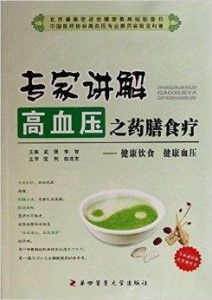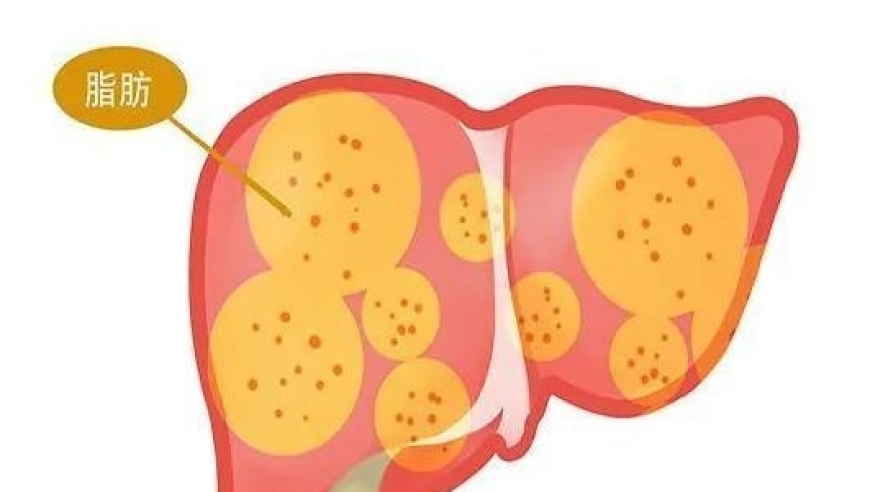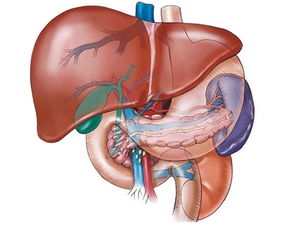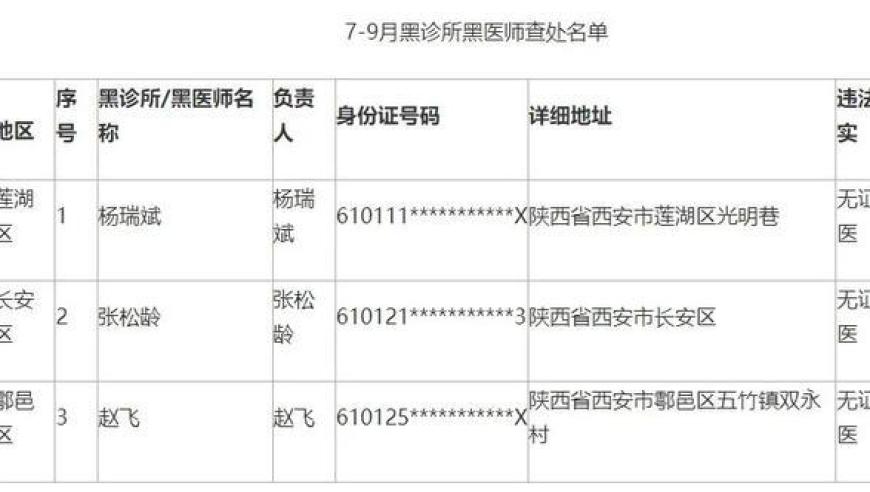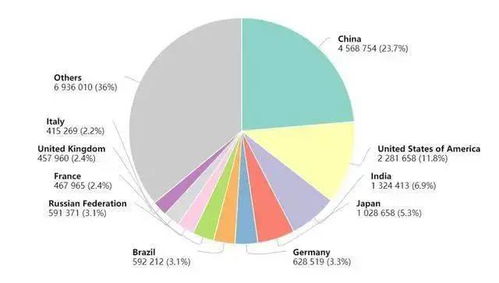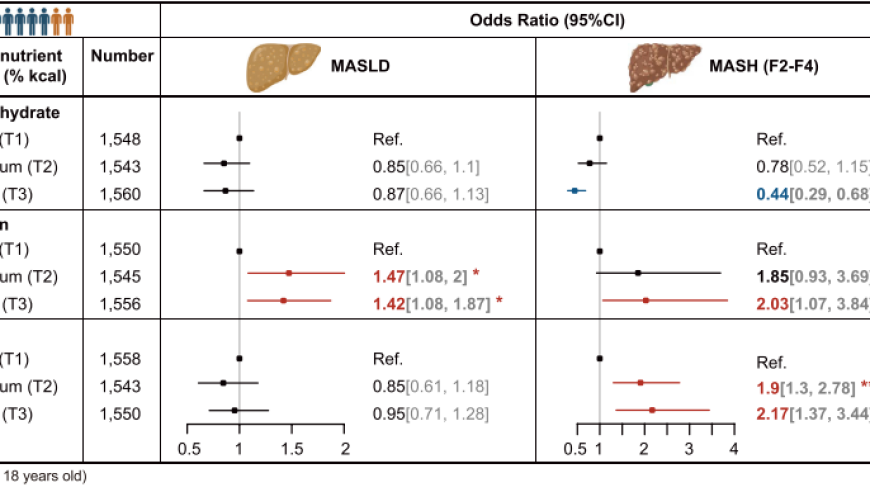
本文探讨了肥胖、长期大量食用瘦肉和鸡蛋与脂肪肝之间的关系,并指出了高蛋白饮食可能导致脂肪肝的风险。文章强调,改善饮食习惯可以缓解或逆转脂肪肝,如适度控制热量摄入,少吃油腻食物和低糖饮料等。同时,也揭示了另一项新的可能性,即即使清淡的食物也可能与脂肪肝的形成有关。研究人员提出了MASLD潜在的营养干预策略,这将为中国脂肪肝患者的治疗提供新的方向。这篇文章旨在帮助人们更好地理解和管理脂肪肝疾病,通过调整饮食习惯和生活方式来改善脂肪肝状况。点击下方名片关注【健康榨知机】获取更多实用建议。
Title: The Relationship between Consuming Lean Meat, Eggs, and Fat in the Process of Fatty Liver Disease: A Comprehensive Analysis
In recent years, discussions on the link between consuming lean meats, eggs, and fat in relation to fatty liver disease have gained significant attention. This article aims to provide comprehensive insights into the relationship and potential risks associated with such high protein diets, as well as explore the role of清淡 foods in mitigating or reversing fat肝.
In this discussion, we will first outline the primary concept of 'fat accumulation,' which can be understood as an excess of fat within various tissues in the body, particularly those responsible for metabolic processes.
Next, we will examine the relationship between dietary habits, including consumption of lean meats, eggs, and fat, and the development of fat liver disease. The research highlights that excessive intake of high-fat meals, particularly those high in saturated and trans fats, can lead to the accumulation of fat within the liver cells. This condition is known as obesity, and it is a common risk factor for the development of non-alcoholic fatty liver disease (NAFLD).
Furthermore, the study indicates that low-grade inflammation, which can occur through diet and lifestyle choices, may contribute to the progression of NAFLD and eventually lead to the development of chronic liver disease. Therefore, controlling inflammation levels through diet and lifestyle interventions may help mitigate the risk of developing fat liver disease.
Another key aspect of the discussion is the potential involvement of清淡食物 in脂肪肝. Researchers propose that even though some people may perceive清淡食物 as low in fat content, their nutritional value could actually contribute to the accumulation of fat within the liver cells. This is because清淡食物 often lack certain nutrients such as fiber, vitamins, and minerals that are essential for maintaining healthy liver function. By choosing nutrient-dense foods, such as fruits, vegetables, whole grains, and lean proteins, individuals can reduce their risk of developing fatty liver disease.
The implications of this analysis suggest that managing lifestyle factors, including diet and exercise, could play a critical role in preventing the development of fat liver disease. Moreover, by incorporating清淡食物 into one's diet, individuals can potentially decrease their risk of becoming overweight and obesity, thereby reducing the likelihood of developing NAFLD.
For individuals struggling with fat liver disease, there are several ways to manage their condition effectively. These include adopting a balanced diet rich in nutrient-dense foods, limiting consumption of high-fat and high-saturated fats, and engaging in regular physical activity. In addition, engaging in stress-reducing activities such as meditation, yoga, or other relaxation techniques may also help improve overall health and reduce the risk of developing fatty liver disease.
In conclusion, the relationship between consuming lean meat, eggs, and fat, and the development of fat liver disease remains a complex issue. While understanding the impact of diet on weight gain and metabolism is crucial, exploring the potential influence of清淡 foods on the development of fatty liver disease adds another layer of complexity. However, by implementing appropriate lifestyle changes and incorporating清淡 food into one's diet, individuals can significantly reduce their risk of developing this potentially serious health condition. It is therefore important for all individuals to take proactive steps towards managing their weight and reducing their risk of developing NAFLD.
To stay informed about the latest advancements in medical science and best practices for managing health conditions like fatty liver disease, visit our website
[End]
This article discusses the relationship between consuming lean meats, eggs, and fat in relation to fatty liver disease. It highlights the importance of understanding the link between dietary habits and the development of fat liver disease and provides practical guidelines for managing this condition effectively. The article emphasizes the role of清淡食物 in contributing to the development of fatty liver disease and suggests that individual efforts in making healthier lifestyle choices can help mitigate this risk. By clicking the "关注" button on the website, readers can learn more about these topics and stay up-to-date on the latest developments in healthcare.





